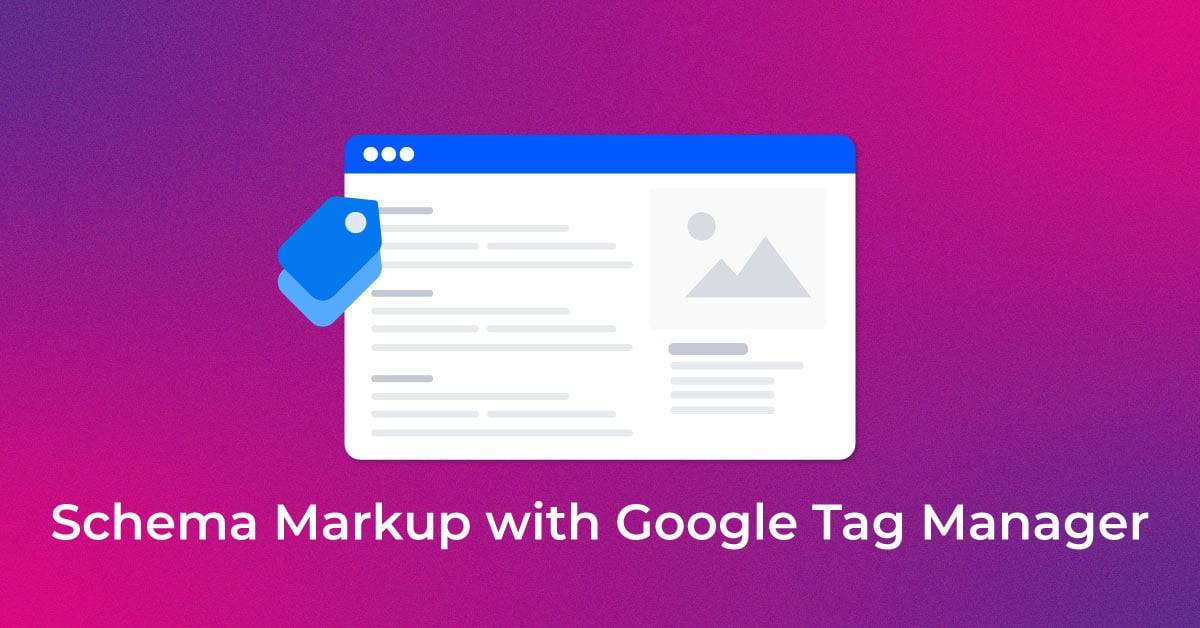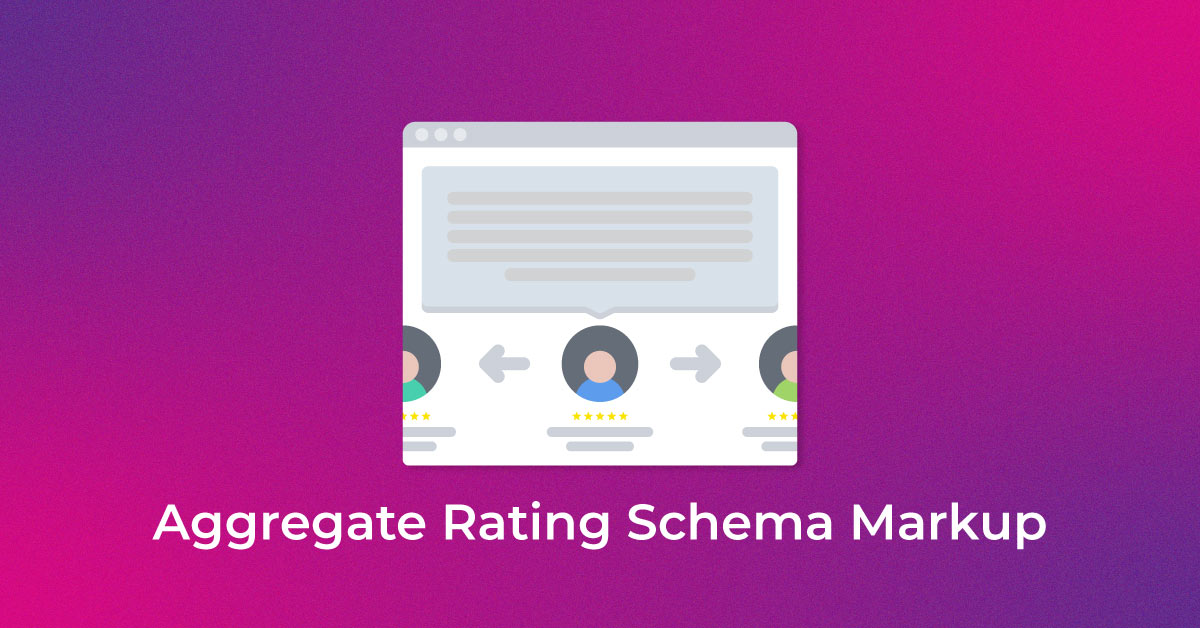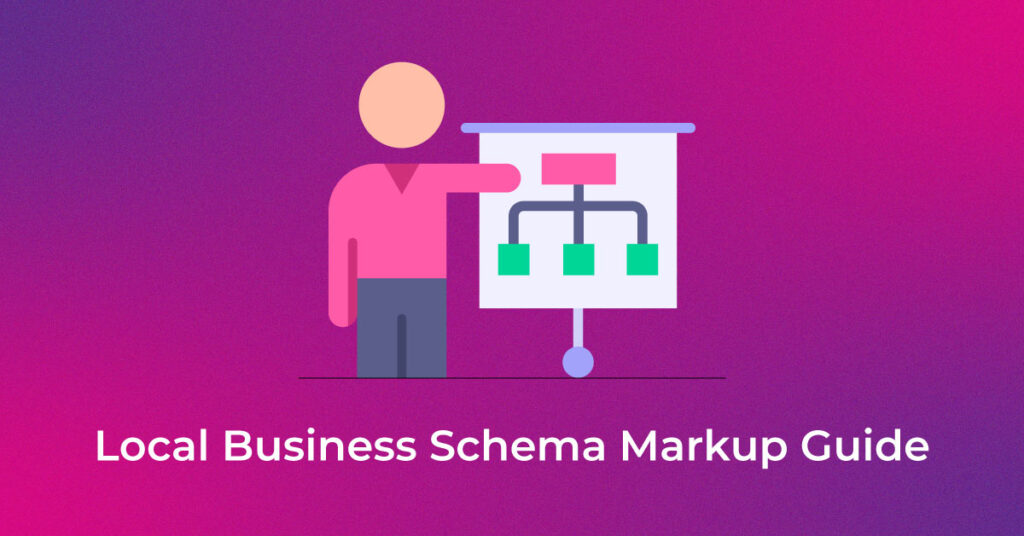Introduction to Local Business Schema
Local Business Schema is a digital handshake between your business and search engines. By incorporating structured data into your website, you provide clear information about what your business offers and how customers can engage with your services. This powerful signal helps search engines present your business effectively within the vast online landscape, making it more accessible to your local audience.
Why Local Business Schema is Important for SEO
Improves Search Visibility
Structured data through Local Business Schema dramatically enhances your search visibility. It acts as a spotlight for search engines, illuminating the key attributes of your business. When integrated correctly, this type of schema can directly influence where and how your business appears in search results. It can place your company front and center when potential customers are actively seeking the products or services you offer, providing a clear pathway to your doorstep.
Imagine being the first option to pop up when someone types in a query related to your domain – that’s the power of an effectively used Local Business Schema. It’s no longer just about being in the race; it’s about leading the pack in the digital discovery marathon.
Boosts Local SEO
Local SEO is crucial for brick-and-mortar businesses seeking to capture the attention of nearby customers. Local Business Schema is a potent tool that amplifies your local SEO efforts, signaling to search engines that you’re not just relevant but also a pivotal part of the local business ecosystem. When potential clients search for services you provide in your area, including Local Business Schema increases the likelihood that your business will appear in the coveted ‘Local Pack’—the box of highlighted business listings often seen at the top of Google’s search results.
By clearly outlining your business’s location, nature, and contact information through schema markup, you improve the chances of ranking higher for local searches. This meticulous detailing helps search engines place you more accurately on the online map, directing foot traffic and digital inquiries right to your door.
Enhances User Experience
Incorporating schema markup does more than bolster your SEO efforts; it also significantly enhances the user experience. Local Business Schema makes it easier for your potential customers to find essential information about your business quickly. By presenting your operation hours, location, contact details, and services directly within search results, you streamline the path to purchase or engagement and answer key questions upfront.
This optimization allows users to interact with your business efficiently, whether that’s finding your physical storefront, calling to book an appointment, or perusing your menu of services. A positive user experience is likely to increase customer satisfaction and can lead to improved online ratings and reviews, creating a virtuous cycle of increased visibility and patronage.
Supports Voice Search Optimization
Voice search optimization is an emerging frontier, and Local Business Schema positions you to excel within it. As voice-activated assistants like Siri, Alexa, and Google Assistant become more ubiquitous, the nature of search queries also evolves—they become more conversational and localized. Your cleaning business needs to be ready for this shift, and structured data helps you get there.
With Local Business Schema, you can ensure your business information is easily digestible not only for text-based searches but also for voice inquiries that often seek immediate, precise answers. For instance, when someone asks, “Where can I find a carpet cleaning service near me?”, having your schema markup tuned to these requests means that your business’s name, location, and contact information can be delivered swiftly by a virtual assistant.
Increases Click-Through Rates (CTR)
Eye-grabbing rich results are the secret ingredient to boosting your click-through rates (CTR), and Local Business Schema is the recipe. When your business pops up in search results with accompanying rich snippets—complete with stars for customer ratings, price ranges, or operational hours—it stands out amidst a sea of text. This visually differentiated presence makes searchers more likely to click on your listing over others.
A higher CTR not only funnels more traffic to your site but may also send positive signals to search engines about the relevance and appeal of your content, potentially leading to better rankings over time. Embrace schema markup, and you may just see your digital footfall mirror the uptick in interest and engagement.
Key Properties of Local Business Schema
1. Name
The ‘Name’ property in your Local Business Schema is not just a label; it’s a digital representation of your brand’s identity. It is critical to use the exact name by which your business is commonly known, ensuring consistency across the web. This aids in branding and helps to avoid any confusion for both search engines and potential customers.
When entering your business name in the schema, precision is key. Reflect any stylizations, such as unusual spellings or capitalizations, precisely as they appear in your official branding materials. This attention to detail maintains brand integrity and contributes to a cohesive online presence.
2. Address
Your business’s address within the Local Business Schema is indispensable for facilitating real-world visits to your brick-and-mortar location. It’s pivotal to ensure the formatted address matches that on your official website and local business listings to foster trust and avoid any discrepancies that might confuse search engines and customers alike.
Be thorough when inputting your address details, encompassing the street number, street name, city, state, and zip code. Remember, a precise address helps customers arrive at your doorstep, but it also aids in aligning your online listings which is beneficial for local search accuracy and performance.
3. Phone Number
The ‘Phone Number’ attribute plays a pivotal role in how current and prospective customers interact with your business. This schema property should include a direct line to your local business, ideally a number that is staffed during business hours, ensuring that inquiries can be handled promptly and efficiently.
Adopt a consistent format when listing your phone number; this enhances recognition and ensures that search engines and customers can reach out without any uncertainty. Whether you prefer the international format with the country code or a local style, consistency across your online presence is critical for facilitating seamless communication.
4. Opening Hours
Opening Hours are a vital component of Local Business Schema, providing searchers with immediate answers to when your business is accessible. These hours inform potential customers of the times you’re open for service, influencing their decision to visit your business or contact you.
To include your opening hours in schema markup:
- Display hours for each day of the week your business operates.
- Use a consistent format, opting for either the 12-hour or 24-hour clock.
- Clearly mark any days when you are closed or operating 24 hours.
Providing accurate opening hours maximizes the chances that customers will visit at the right time, enhancing user satisfaction and reducing the potential for negative reviews due to misunderstandings.
5. Geo-coordinates
Geo-coordinates are crucial in pinpointing the exact location of your business on the digital map. When adding Local Business Schema, it’s essential to specify the latitude and longitude of your business with precision to at least five decimal places. This accurate geolocation information leads customers straight to your doorstep, eliminating any geographical ambiguity.
To obtain these values, you can easily look up your business address in Google Maps. The URL will provide both the latitudinal and longitudinal values needed for your schema markup. Ensuring these coordinates are spot-on eliminates guesswork for clients looking to visit your location, which is particularly significant for businesses situated in areas where navigation might be challenging.
6. Price Range
The ‘Price Range’ property within your Local Business Schema can set realistic expectations for your customers regarding costs before they make contact or visit. Including a price range guides potential clients in understanding the affordability of your services or products, aligning with their budget expectations.
In the schema markup, you can represent the price range using a scale (e.g., “$” to “$$$$”) or a numerical range. This information is beneficial for search engines to categorize your offering based on price level, which can help in curating search results for queries that include price qualifiers. Acknowledge that affordability is a key consideration for customers, and providing this data can enhance the transparency and trustworthiness of your business.
7. Business Category
Choosing the right ‘Business Category’ is integral to facilitating precise targeting in search results. The category you select should mirror the main focus of your business operations, offering a snapshot of what you do to both search engines and potential customers. For instance, if your niche is automotive repair, selecting ‘AutoRepair’ rather than a generic ‘AutomotiveBusiness’ gives a clearer picture of the services you provide.
When you can’t find a specific enough category from schema.org’s extensive list, opt for a general ‘LocalBusiness’ or ‘Organization‘ type, then enhance your markup with the “sameAs” property to include a Wikipedia or Wikidata link. This strategy helps search engines make connections between your business and the broader context of your industry.
How to Implement Local Business Schema with example
1. Using Schema Markup Generators
Streamlining the implementation of Local Business Schema is made easy with schema markup generators. These user-friendly tools guide you through the process of entering business details and swiftly generate the necessary coded structure for your site.
To get started, choose a generator such as Google’s Structured Data Markup Helper or Merkle’s Technical SEO Schema Generator that best fits your comfort level and needs. You’ll typically input your business details such as name, address, phone number, and operating hours. Then, the tool will generate the code in the correct format, such as JSON-LD, which you can then embed into your website’s HTML.
Utilizing these generators not only saves you time but also reduces the risk of errors that could arise from manual coding. It’s especially advantageous if you’re not well-versed in schema syntax or wish to implement the markup quickly and efficiently.
2. Implementing Schema in JSON-LD Format
Implementing Local Business Schema in JSON-LD format is the Google-recommended approach. JSON-LD stands for JavaScript Object Notation for Linked Data, and it neatly presents your business details in a way that’s easy for both humans and search engines to understand.
Simply put, you’ll be embedding a block of script in the head section of your website’s HTML. This script is a structured representation of your business’s critical details, like your name, address, and contact information. The beauty of JSON-LD is in its ease of maintenance and updates; you can revise the details as your business evolves without wading through the entire HTML of your webpage.
When you use JSON-LD:
- It is less intrusive to your site’s existing code as it’s a separate script block.
- Google and other search engines favor it for its clarity and readability.
Keep in mind, while JSON-LD is easier to handle, accuracy in the data is paramount.
3. Adding Schema Markup to Your Website
Adding schema markup to your website involves embedding the generated Local Business Schema code into the backend of your website pages. For non-coders, this might sound daunting, but the process is straightforward when you break it down:
- Identify the page(s) where the markup should reside. Typically, your homepage or contact page is key for Local Business Schema.
- Access the source code of the page(s). This can often be done through your content management system (CMS) – such as WordPress or Shopify – or by directly editing the HTML file.
- Insert the JSON-LD scripted markup within the <head> or <body> section of the HTML, preferably before the closing tag.
- Save the changes and ensure the code is intact and correctly placed.
Republish your site to reflect the changes made. Voilà, your Local Business Schema is now part of your digital infrastructure, primed to communicate your business’s key information to search engines.
Testing and Validating Local Business Schema
Google Structured Data Testing Tool
Before going live with your structured data, it’s essential to verify that it’s error-free and optimized for performance. Google’s Structured Data Testing Tool is a reliable resource that helps pinpoint issues in your Local Business Schema so that you can make corrections before implementation.
To use this tool:
- Copy and paste your schema code or provide the URL where your data is published.
- The tool will analyze your markup and display both the errors and warnings that need your attention.
By addressing recommendations and resolving errors, you help ensure that the structured data you crafted works hard for your business, precisely the way it’s intended. The tool’s user-friendly interface means that even those without a deep technical background can make data validation part of their standard website maintenance routine.
Rich Results Test
The Rich Results Test is your window into how your Local Business Schema will manifest in Google’s search results. By inputting your webpage’s URL or a snippet of code into the tool, you’ll get a preview of the rich results that your structured data could generate—like star ratings or breadcrumb navigation—and whether any issues need to be addressed.
This tool also highlights errors and warnings within your structured data, providing tangible insights for improvements. While warnings are common and may not prevent rich results from showing, resolving errors is crucial for schema implementation success.
When you preview your rich results, it gives you a chance to see how your business details will stand out in SERPs, potentially improving CTR and driving more traffic to your site.
Best Practices for Local Business Schema Implementation
When it comes to implementing your Local Business Schema, following best practices not only ensures that search engines can crawl and understand your information but also that potential customers receive accurate, helpful data. Consider these actionable tips to refine your schema implementation strategy:
- Maintain Up-to-date Information: Periodically review and update your schema to reflect your business’s current status, including changes in address, hours of operation, or contact details.
- Provide Comprehensive Details: Include as many relevant properties as possible, such as your logo, social profiles, and accepted payment types to paint a complete picture of your business.
- Use High-Quality Images: Where appropriate, incorporate quality visual representations of your business, like an exterior shot of your premise or a logo, since these can appear in search results.
- Harness Multiple Types of Schema: Alongside Local Business Schema, consider other types like ‘Product’ or ‘Event’ schema to capitalise on every opportunity to communicate the breadth of your offerings.
- Be Specific With Your Category: Choose the most detailed category that fits your business to improve your chances of ranking for targeted searches.
By adhering to these practices, you set a solid foundation for your business’s online presence, positioning yourself as a reliable and detailed source of information, which is ultimately rewarded by both search engines and users.
Common Mistakes to Avoid with Local Business Schema
Ensure Accuracy and Consistency
Ensuring accuracy and consistency in your Local Business Schema is non-negotiable. It goes beyond just looking good on a search engine results page; it’s about building trust with your audience and the search engines themselves.
Accuracy means double-checking that every detail about your business—from your operating hours to your phone number—is correct. Consistency extends to how your business information is presented across all online platforms, not just on your website. Inconsistencies can confuse search engines and potential customers, leading to a poor user experience, which could negatively affect your rankings and your reputation.
Revisit your business listings regularly to guarantee that every detail aligns across various directories and your schema markup. This habit will help your business maintain credibility and optimize your local search footprint.
Include All Relevant Business Properties
Incorporating all relevant properties in your Local Business Schema is akin to filling out your profile in full—it provides a comprehensive view that can be more compelling to both search engines and users. Don’t limit yourself to just the required fields; take advantage of recommended properties, like the business’s logo, description, price range, and more, to give the most complete picture possible.
By providing a detailed schema, you cater to a variety of user needs and queries. From the user looking for basic contact details to another wanting to know if your amenities match their accessibility requirements, a full schema ensures you’re offering something for everyone.
Ensure your markup—like a rich tapestry—intertwines all the threads of information that make your business unique and valuable to customers.
Use the JSON-LD Format
Using the JSON-LD format for your Local Business Schema is not just a recommendation, it is the smart choice to ensure compatibility with the way search engines parse and understand webpage data. JSON-LD stands apart for its ease of implementation and maintenance, setting you up for SEO success with minimal hassle.
Why pick JSON-LD?
- Google Preference: Google explicitly recommends JSON-LD for structured data, signaling its effectiveness in search indexing.
- Separation from Content: Unlike other formats, JSON-LD doesn’t get entangled with your site’s HTML content, simplifying code management.
- Ease of Use: Even those with limited coding expertise can employ JSON-LD thanks to its intuitive structure and compatibility with schema generation tools.
Embracing JSON-LD is a step toward future-proofing your website’s data structure, making it an essential investment in your digital footprint.
Leverage Review and Rating Markup
Leveraging review and rating markup within your Local Business Schema is a smart strategy to showcase social proof directly in search results. Positive reviews and high ratings can be a decisive factor for potential customers choosing between your business and competitors.
Incorporate the AggregateRating property to display your average rating based on customer reviews. Additionally, use the Review markup to highlight specific, quality reviews. This transparency in showcasing genuine customer feedback can significantly enhance your credibility and attract more clicks.
Remember, managing your online reputation is crucial—actively encourage satisfied customers to leave reviews and respond professionally to feedback.
Update Your Schema Regularly
Updating your Local Business Schema regularly is as important as refreshing your business’s physical storefront to reflect current offerings and services. The digital world is dynamic, with search engines frequently adjusting their algorithms and requirements for structured data. Staying on top of these changes means your information remains accurate, relevant, and optimized for the best possible search performance.
Regular updates to your schema are also necessary when:
- Your business hours change seasonally.
- You move to a new location.
- You add new services or products.
- Your price range changes due to market adjustments.
Schedule regular audits of your schema markup as part of your website maintenance plan. This ensures that your business details are always up-to-date, maintaining the integrity of your online presence.
Conclusion
In wrapping up, your journey through the Essential Local Business Schema Markup Guide underscores the transformative power of structured data in elevating your local SEO and the overall digital presence of your business. Remember, implementing Local Business Schema is not a one-time task but an ongoing commitment to excellence in how you present your business online.
By adhering to best practices, diligently validating your schema, and updating it regularly, you lay down a clear pathway for search engines and users to traverse right to your offerings. Embrace the benefits of enhanced visibility, improved search rankings, and a seamless user experience that schema markup brings. Your business deserves this digital edge, and the time to act is now. Keep refining, keep learning, and most importantly, keep optimizing for the ever-evolving web of local search.
Frequently Asked Questions about LocalBusiness Schema Markup
Can Schema Markup Boost My Local Search Rankings?
Yes, schema markup can contribute to boosting your local search rankings. While not a ranking factor on its own, it helps search engines understand your site content more effectively, which can influence your visibility in local search results.
What If My Business Doesn’t Fit Standard Schema Categories?
If your business doesn’t fit standard Schema categories, use a more general schema type like LocalBusiness or Organization and utilize the “sameAs” property to link to a Wikipedia or Wikidata entry that more specifically describes your niche. This helps define your business type for search engines.
Popular Searches
How useful was this post?
0 / 5. 0

















